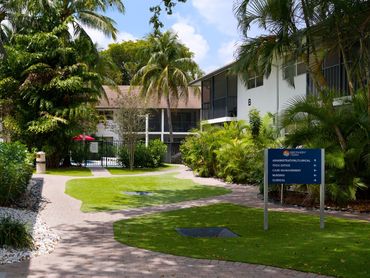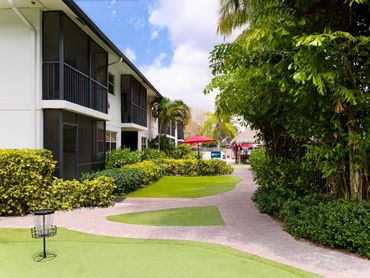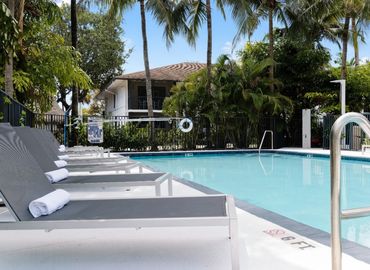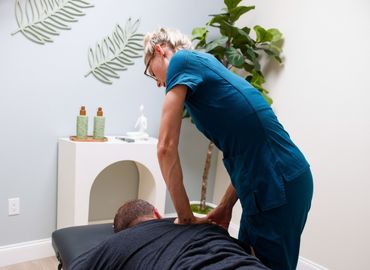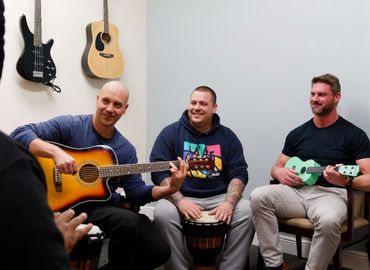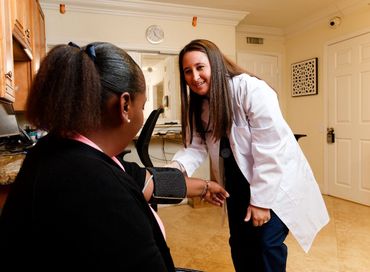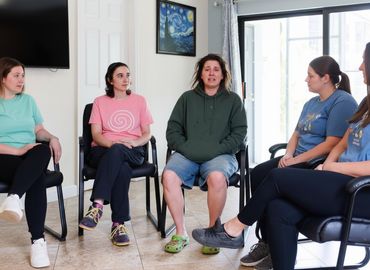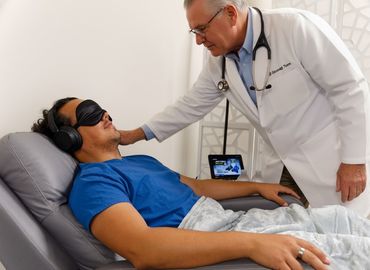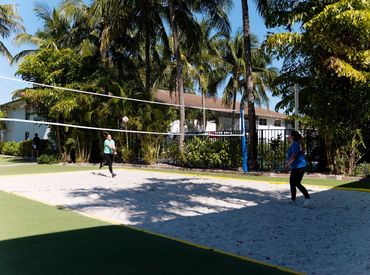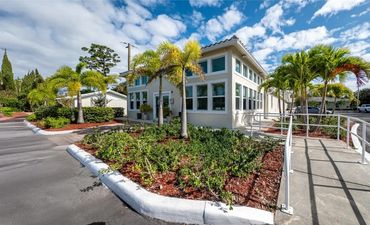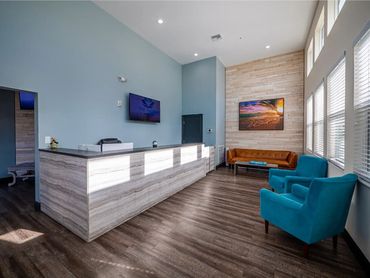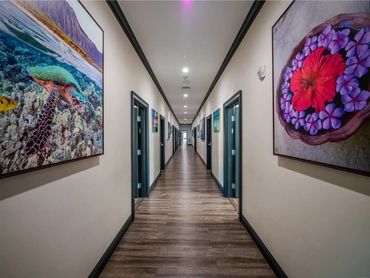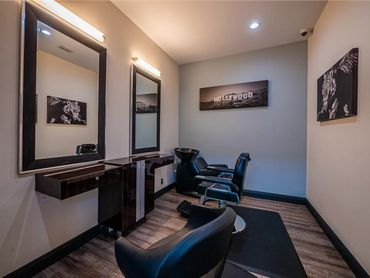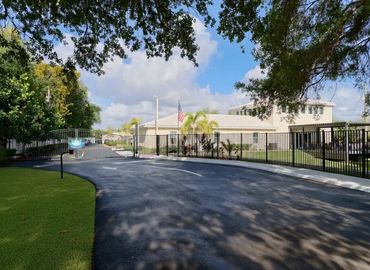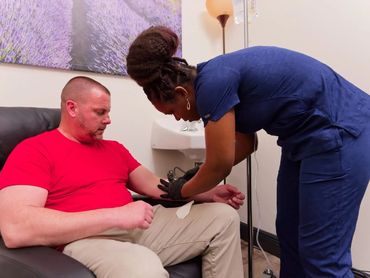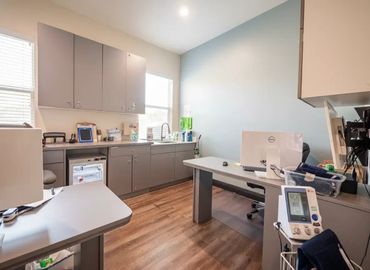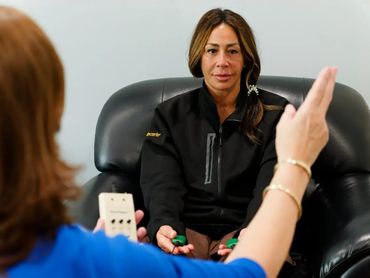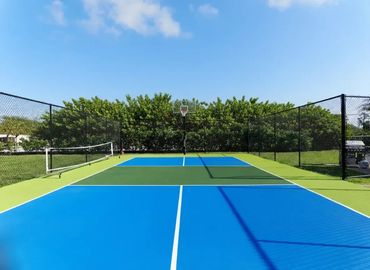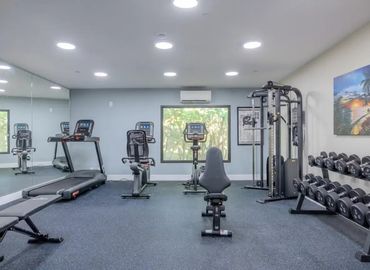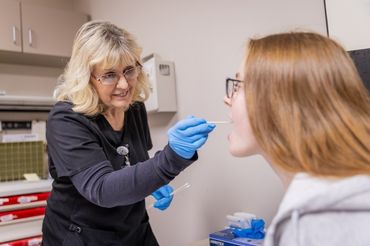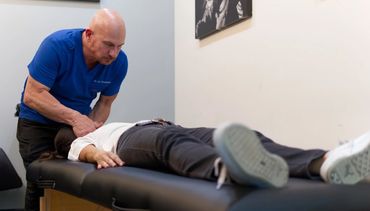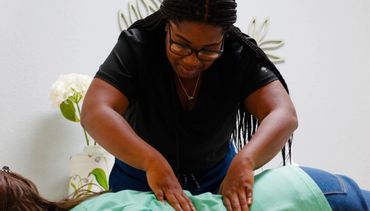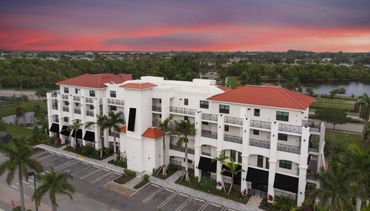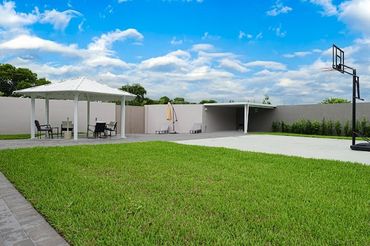
Drug & Alcohol Rehab Centers near Boca Raton, FL
In Boca Raton, Florida, finding treatment for substance use disorder is a vital first step towards recovery. It’s crucial to research treatment options and payment methods to ensure individuals receive the necessary care and support on their journey to sobriety.
Treatment Centers near Boca Raton, FL
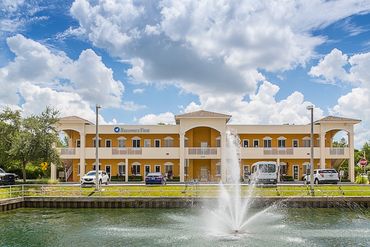
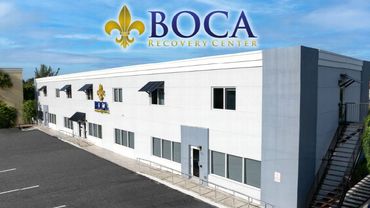
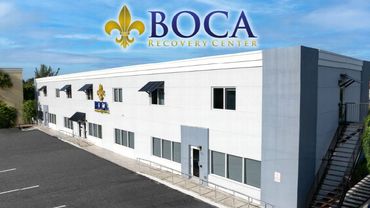
Open to Travel? Check out Top-Rated Options
All Treatment Centers near Boca Raton, FL
Are You Covered For Treatment?
- West Palm Beach Rehabs
- Miami Rehabs
- Fort Lauderdale Rehabs
- Jacksonville Rehabs
- Delray Beach Rehabs
- Tampa Rehabs
- Orlando Rehabs
- Pompano Beach Rehabs
- Fort Myers Rehabs
- Sarasota Rehabs
Information About Rehab in Boca Raton
Latest Reviews
Latest Reviews of Rehabs in Florida
Boca Recovery Center - Boca Raton, FL
What can I say, all good at Boca Recovery !! I have 97 days sober today ! I stayed at Boca Recovery for two months. It took all of that and more to come out of my fog ! And still haven't come out of it all the way. But at Boca, they are loving and caring about your Recovery process. For sure. The counselors are the best ! So caring and kind throughout the Recovery process ! Great food, comfortable beds and loving people, what more can one want ? Anyway 5 stars for Boca Recovery Mark Miller
Banyan Boca
My Niece Nicole Blackburn works for Banyan Boca treatment center. She is a very dedicated and helpful case manager. She loves what she does and genuinely cares about her patients.
Area Information
Boca Raton, nestled along the southeastern coast of Florida, is a city that embodies the allure of coastal living and the vibrancy of South Florida. Renowned for its pristine beaches, upscale shopping, and world-class dining, Boca Raton offers residents and visitors a unique blend of luxury and natural beauty. With a population of over 99,000,1 this thriving community boasts a diverse and welcoming atmosphere. Home to institutions like Florida Atlantic University and a hub for cultural events, Boca Raton offers a rich tapestry of experiences, from arts and culture to outdoor recreation, making it an ideal destination for those seeking the perfect balance between leisure and opportunity in the Sunshine State.
Substance Misuse and Addiction in Boca Raton
Substance addiction is a significant and prevalent issue in Boca Raton and its surrounding areas. According to the Florida Department of Health, there has been a troubling 2.3% increase in overdose deaths from 2020 to 2021 in Palm Beach County, which encompasses Boca Raton.2 This alarming statistic equates to approximately 44 out of every 100,000 residents of the county.2
Drug and Alcohol Rehab
Drug and alcohol rehab centers provide a variety of approaches and options to assist individuals on their journey to recovery from addiction. These centers offer tailored solutions to address the unique needs of each individual and support them on their path to a healthier, addiction-free life.
What Happens in Drug and Alcohol Rehab?
The journey towards recovery from addiction involves various stages of treatment, each designed to address individual needs and circumstances. These stages typically encompass detoxification, inpatient care, outpatient programs, and aftercare support. Understanding that every person’s path to recovery is unique, rehab facilities offer a spectrum of care levels to meet individuals wherever they are in their journey, ensuring that they receive the appropriate support and guidance tailored to their specific needs and goals.
Detox Programs
Detoxification programs, often the initial phase of addiction treatment, are crucial for safely and effectively managing withdrawal from substances. These programs are conducted under medical supervision, ensuring the well-being and safety of individuals as they navigate the challenging process of withdrawal. Medications may be administered to alleviate the often uncomfortable and sometimes severe withdrawal symptoms associated with specific substances, facilitating a more comfortable and secure detoxification experience. By providing this medical support, detox programs play a vital role in preparing individuals for the subsequent stages of addiction treatment, setting the stage for a successful recovery journey.
How Long Is Detox in Rehab?
The duration of detoxification typically spans from 3 to 7 days, although this timeframe can vary significantly based on several factors. Factors such as the specific substance of abuse, the individual’s overall health, the severity of their addiction, and their response to treatment all influence the length of the detox process.
Inpatient Drug and Alcohol Rehab
Inpatient drug and alcohol rehab programs provide intensive, round-the-clock care within a residential facility. These programs utilize therapy as a cornerstone of treatment to keep patients on track with their healing and address any co-occurring disorders that may be present. Therapeutic modalities, such as individual counseling, group therapy, and evidence-based approaches, are deployed to help individuals understand the root causes of their addiction, develop coping skills, and establish a strong foundation for lasting recovery.
While 30-day inpatient programs are among the most popular, treatment duration can extend to 60 or 90 days and even longer, depending on the individual’s needs and progress. Inpatient drug rehab provides a structured and supportive environment where individuals can fully focus on their healing, making it an effective approach for those seeking a comprehensive and immersive treatment experience. This allows patients to work through underlying issues, learn relapse prevention strategies, and build a solid foundation for a substance-free future.
Outpatient Drug and Alcohol Rehab
Outpatient drug and alcohol rehab programs offer a flexible and effective approach to addiction treatment, allowing individuals to receive care while continuing to live at home and fulfill their daily responsibilities. These programs are typically structured around therapy, both individual and group sessions, as well as educational workshops. The primary focus of outpatient drug rehab is twofold: providing individuals with the tools and strategies for aftercare and relapse prevention while supporting their ongoing recovery journey. Through counseling and therapy, participants learn to identify triggers, manage stressors, and develop the life skills necessary to maintain sobriety in their day-to-day lives.
How Much Does Rehab Cost?
Paying for rehab can indeed feel overwhelming and daunting, but it’s crucial to recognize that financial concerns should never deter someone from seeking help. Numerous options exist to make addiction treatment more accessible, such as:
- Payment Plans
- Government Grants and Scholarships
- Free Rehab
- State-Funded Rehab
Does Insurance Cover Drug and Alcohol Rehab?
Drug rehab insurance can provide vital financial support by covering at least a portion of the costs associated with addiction treatment. While the extent of coverage varies depending on the insurance plan, it can significantly ease the financial burden, making quality rehab programs more accessible to those in need. Common insurances used include, but are not limited to:
Finding The Best Rehab Center
Boca Raton Drug and Alcohol Rehab Facilities
Our rehab locator tool is a valuable resource for individuals seeking addiction treatment. While staying in-state is an option, it’s often recommended to consider out-of-state facilities to minimize distractions and fully immerse oneself in the recovery process. Our locator tool can assist individuals in finding the best treatment facility, whether in Florida or elsewhere, ensuring they receive the most suitable care to support their recovery journey effectively.
Sources
- July 1, 2022. United States Census Bureau. Boca Raton, Florida.
- Florida Department of Health. Fatal Overdose Surveillance Annual Report: Palm Beach County.
